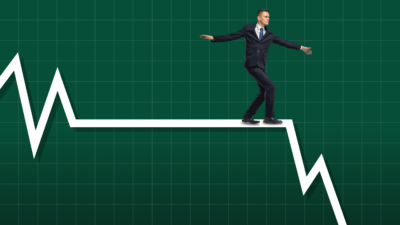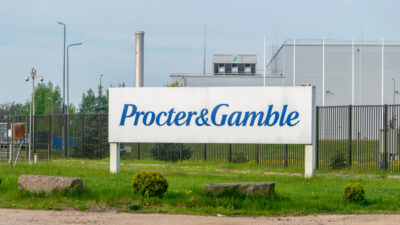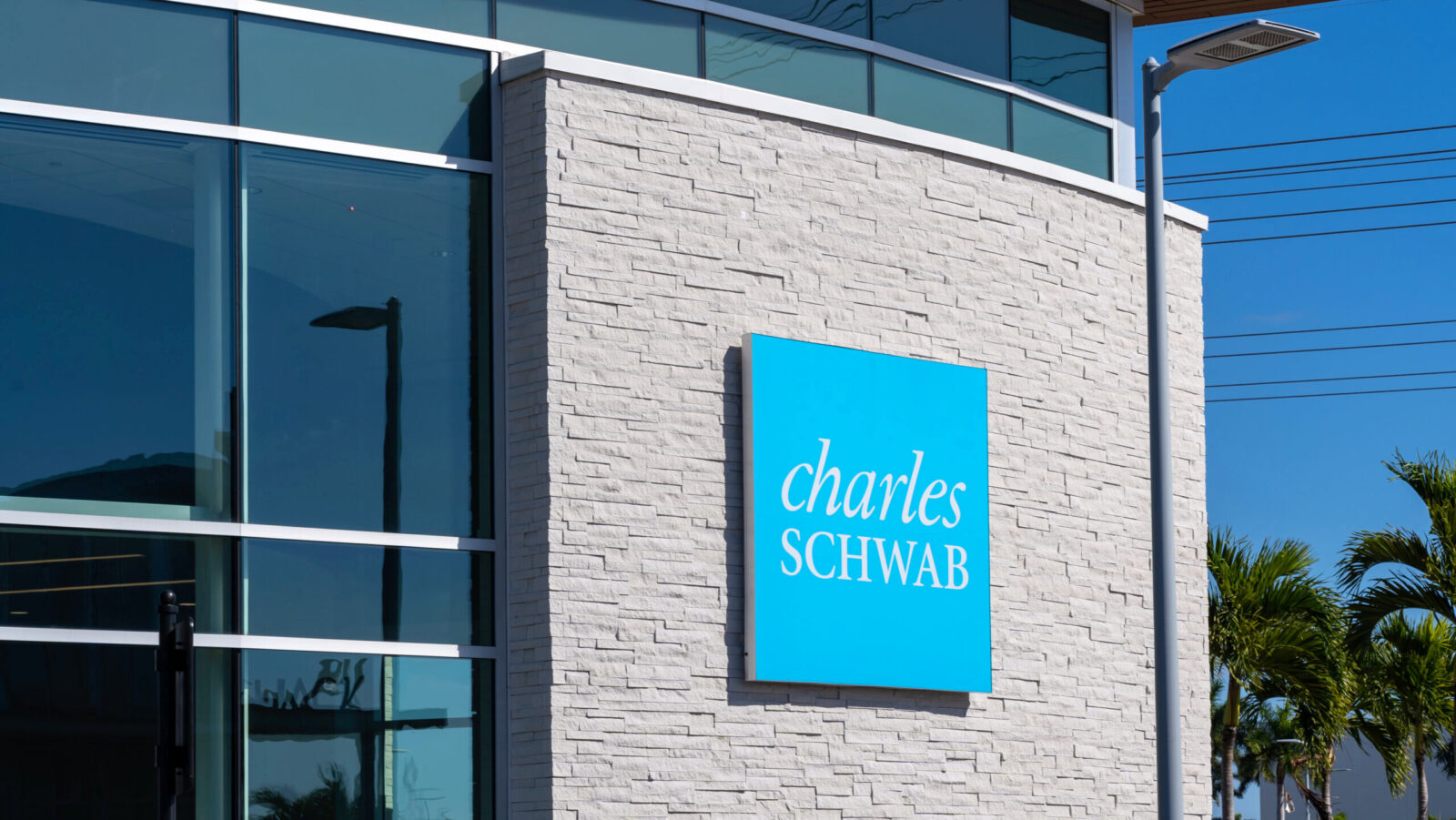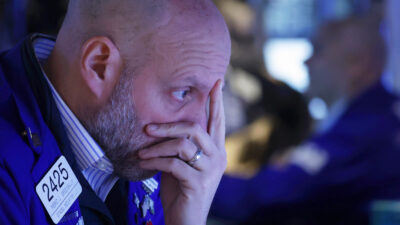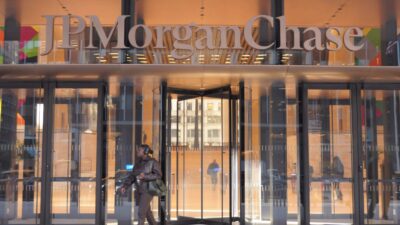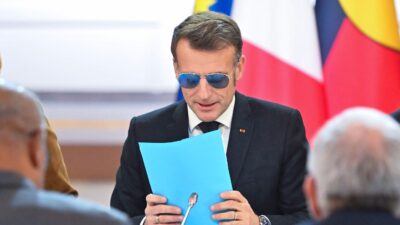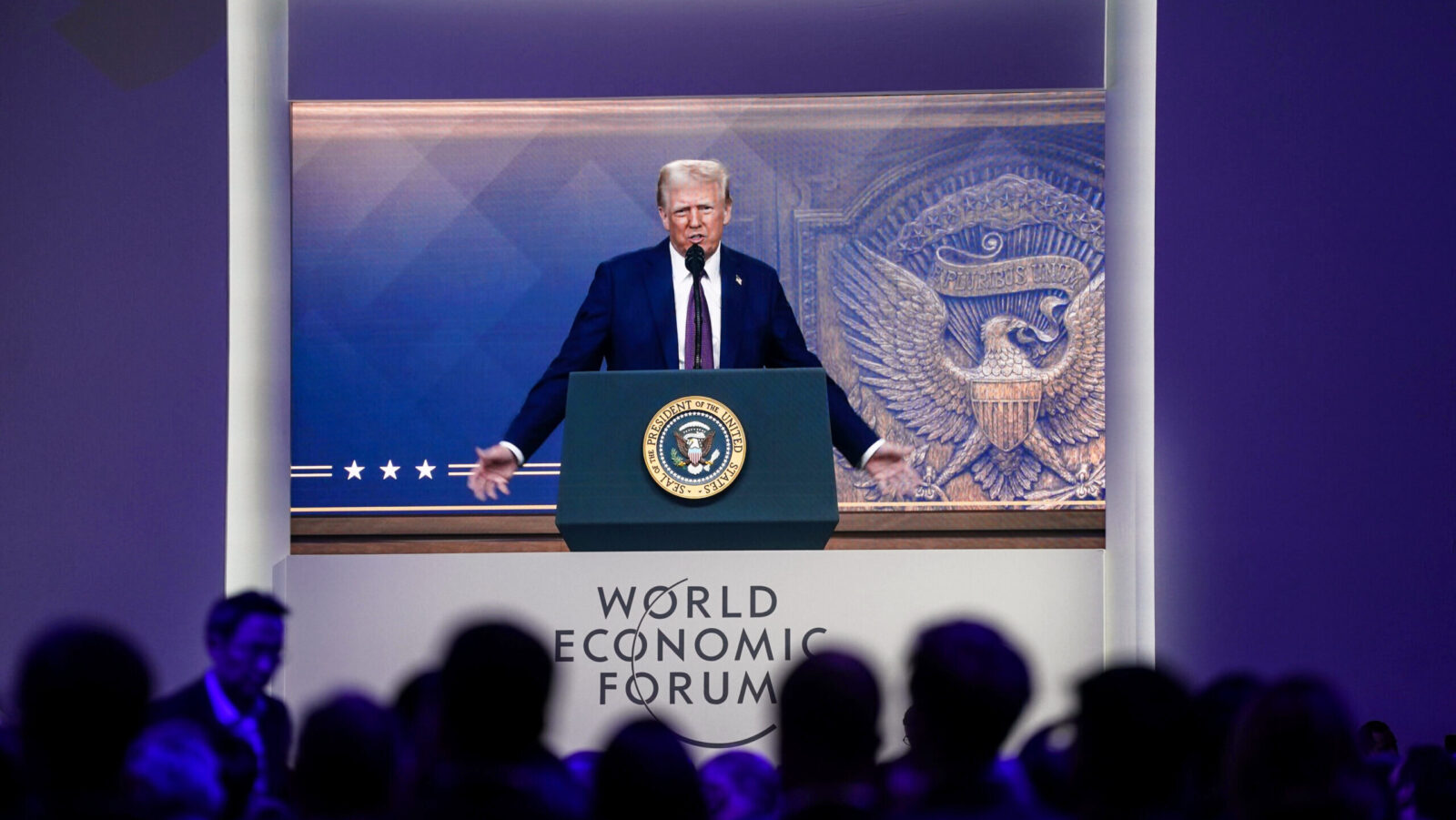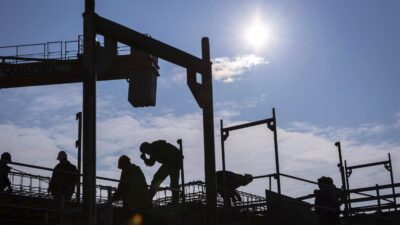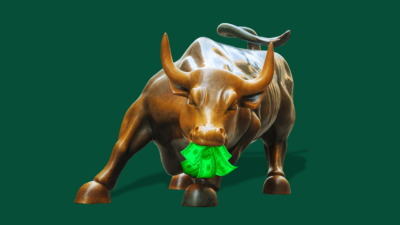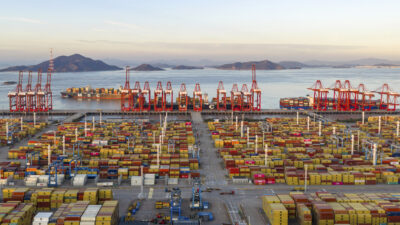Trump’s ‘Biggest Deal Ever’ With EU Prompts Yawn From Wall Street
The deal sets 15% baseline tariffs on EU goods and commits the bloc to buy billions of dollars worth of US energy and defense products.
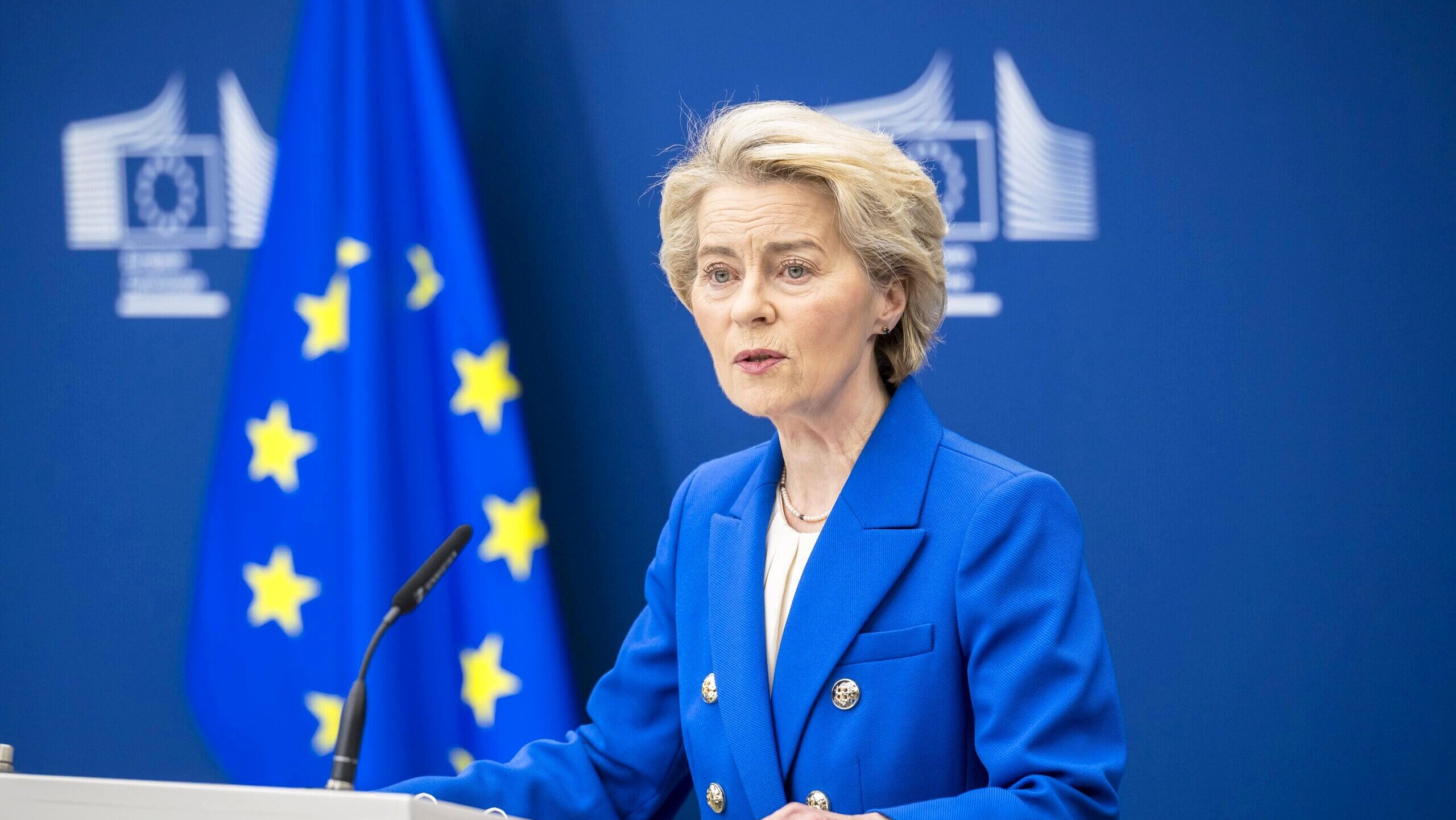
Sign up for smart news, insights, and analysis on the biggest financial stories of the day.
The reviews are in, and they are mixed at best. While that sentence also applies to the critical reception of Happy Gilmore 2, we’re referring to the less-than-enthusiastic assessment in certain quarters on Monday for the European Union’s preliminary trade agreement with the United States, reached a day earlier at President Donald Trump’s Turnberry golf resort in Scotland.
Markets registered a tepid response — though many analysts hailed the arrival of certainty — while several EU leaders reacted with unkind words.
Curb Their Enthusiasm
The deal will set 15% baseline tariffs on EU goods imported to the US and commit the bloc to buy hundreds of billions of dollars’ worth of energy and defense products from America. For Europe, it’s better than the 50% tariff rates Trump threatened in recent weeks if a deal wasn’t reached by this Friday, but that’s about it. It will more than triple the average 4.8% tariff currently applied to the world’s largest trading relationship, which involves $2 trillion in goods and services exchanged annually. The European Commission, the EU’s executive arm, has a mandate to negotiate trade deals for the entire bloc of 27 countries, but the final agreement will require the approval of EU member states. This makes the reactions from capitals outside Brussels all the more crucial.
Sweden’s trade minister, Benjamin Dousa, called it “the least bad alternative” to an unpredictable trade standoff, a sign of reluctant agreement. French Prime Minister François Bayrou, who represents the EU’s second-largest economy, mourned a “somber day” that he called tantamount to “submission.” German Chancellor Friedrich Merz, head of the bloc’s largest economy, said his country would “suffer considerable damage” under the agreement. Spanish Prime Minister Pedro Sánchez, meanwhile, said he could support the deal, but in a jab at the commission’s bargaining prowess (or lack thereof) said it would be “without any enthusiasm.” Hungarian Prime Minister Viktor Orbán complained that “Donald Trump ate [European Commission President Ursula] von der Leyen for breakfast.” Markets didn’t muster any zeal:
- The US blue chip S&P 500 index was little changed, rising less than 0.02%, suggesting any upside to the deal may have already been priced in, while Europe’s Stoxx 600 index dropped 0.2% Monday (though was up 0.7% Tuesday afternoon as investors turned their attention to earnings season). But analysts at ING, writing that the “agreement would clearly bring an end to the uncertainty of recent months,” said the deal is “probably almost as good as it could get,” given that Trump was seemingly determined to impose some levy. They noted that purchasing manager index surveys in the next few months will tell whether the certainty does “unlock much-needed investment” in the face of the EU’s sluggish growth.
- US and European corporations will both be able to plan with more certainty, but several powerful groups like the Federation of German Industries (BDI) said their members will be harmed: “Even a 15% tariff rate will have immense negative effects on export-oriented German industry,” said Wolfgang Niedermark, a member of the BDI executive board.
In the Driver’s Seat: Europe’s auto sector, which previously faced 27.5% tariffs imposed by Trump, was seen by many as a winner in the deal. But the sector fell 1.8% on Monday, with JPMorgan analysts noting that upside had been optimistically priced in the previous week. Nevertheless, Bloomberg Intelligence analysts said automakers including BMW and Mercedes-Benz would benefit from a €4 billion ($4.7 billion) “earnings lift” because of the reduction in sanctions. In a note, Deutsche Bank analysts highlighted Volkswagen, which fell 4.5% Monday, as their “top pick in the space,” citing “potential for a blue sky scenario in which there is upside potential from tariffs and a mass market business setting itself apart from competitors in Europe.”

